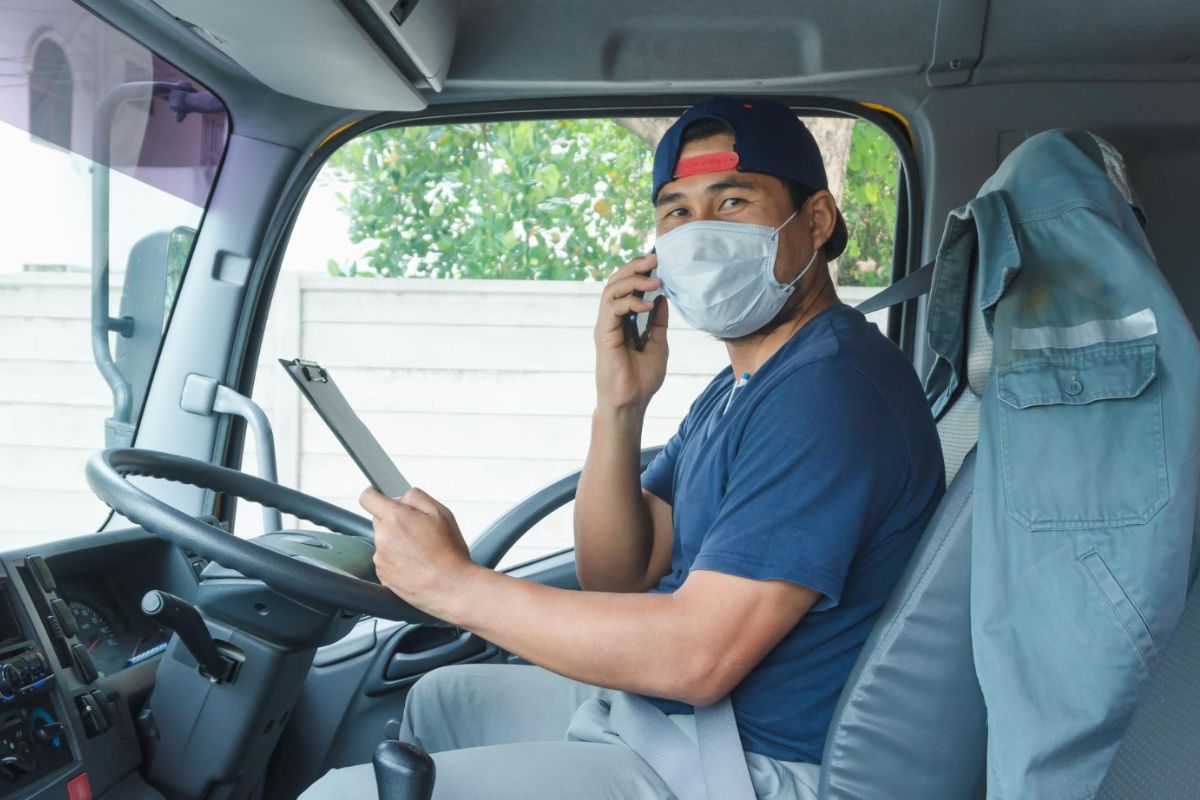Safety is critical in commercial driving. One mistake, on the part of a CDL driver or their fleet management team, can have serious repercussions. That’s part of the reason the department of transportation strictly regulates drug and alcohol testing, especially post-accident.
Whether you supervise compliance or if you are obtaining DOT Medical Examiner Certification Florida, it is important to understand when the post-accident test need to take place and what to include in the test.
Here is what you need to know to stay in compliance.
When is Post-Accident DOT Drug Testing Required in Florida?
Drug and alcohol testing isn’t required in every crash. The DOT is stringent, and Florida operates in accordance with the Federal Motor Carrier Safety Administration (FMCSA) rules.
Here is when a DOT post-accident drug test is required:
- Fatality Involved
When an individual is fatally injured in the accident, a DOT drug and alcohol test is mandatory, even if the CDL driver was not cited or responsible.
- Injury Requiring Immediate Medical Attention Away from the Scene
If the person involved in the accident is transported to a hospital and the CDL driver is cited for a moving offense, a drug and alcohol test needs to be conducted.
- Disabling Damage to a Vehicle (Towed from the Scene)
If a vehicle that was involved has to be towed off the road and the driver is cited, testing is warranted. If no citation is issued, and no one is injured or killed, then a DOT drug test may not be required — even if there’s property damage.
Timing Matters: How Soon Must the Test Be Done?
- Timing is a critical part of compliance.
- Alcohol testing must be completed within 2 hours of the accident. If not, the employer must document why.
- Drug testing (urine test) must be completed within 32 hours.
If the test is not given within the specified time frames, the employer will need to document the cause and attempt all possible means of test completion. When these windows have elapsed without testing, the employer will no longer be permitted to conduct the test under DOT authority.
What Does the DOT Drug Test Look For?
Florida drivers must undergo a routine 5-panel urine drug test for the following drugs as part of a DOT CDL drug test:
- THC (marijuana)
- Cocaine
- Opiates (heroin, codeine, morphine)
- Amphetamines (including methamphetamines)
- Phencyclidine (PCP)
All of the drugs on this list are federally controlled. Even though some drugs, such as medical marijuana, are legal in Florida, a positive test still results in a failed test under DOT regulations.
How the Post-Accident Testing Process Works
The post-accident drug testing process follows a standardized and secure procedure:
- Accident Occurs
Once an incident happens, the driver must report it to their employer, and employers must evaluate whether it meets the criteria for mandatory testing.
- Collection Arranged
If a test is needed, the driver is referred to an approved collection facility or a mobile collector is sent to the site. The process needs to begin as early as possible.
- Testing Conducted
A certified collector takes a urine sample for the drug test and gives a breath test for alcohol. A Chain of Custody form is utilized to follow the sample through the process.
- Sample to Lab
Samples are forwarded to an accredited lab. Any positive or non-negative results will be reviewed by a Medical Review Officer (MRO), who will contact the driver if necessary.
- Results Reported
Final results are reported to the employer, who must act on the result.
What Happens If a Driver Fails the Test?
The penalties for a CDL driver, who tests positive on a post-accident DOT drug or alcohol test or fails to test, are immediate and fixed. They are as follows:
- Immediate removal from safety-sensitive duties (including driving purposes)
- Immediate referral to an SAP (Substance Abuse Professional)
- Completion of Return‐to‐Duty process (e.g., treatment, follow‐up testing)
- Refusal to test is equal to a failed test with equal consequences.
What Employers in Florida Need to Know
There are legal requirements for employers in post-accident testing. These include:
- Having knowledge of when testing must be conducted according to federal regulations
- Completing tests within federally mandated time frames
- Having certified providers and laboratories conduct testing
- Maintaining accurate records for every test
- Having well-written policies and trained supervisors
Ignoring these procedures can lead to DOT fines, a potential lawsuit, and/or loss of contracts of that business in regulated circumstances like transportation, logistics, and/or hazardous materials.
Florida-Specific Considerations
As trucking is an important component of the economy in Florida, compliance with the rules and regulations of the DOT is always closely monitored. Commercial drivers are constantly on the road between ports, warehouses, and cross-state delivery harbors. With this volume of traffic and accidents, it is essential for both drivers and employers to be extra diligent in properly administrating DOT testing procedures.
A testing plan (including preferred testing partner or list of clinics, and even 24/7 mobile testing) can help you quickly and compliantly respond to any sort of incident.
Stay Compliant, Stay Safe
In Florida, DOT post-accident drug testing involves more than making it a procedural formality, it is about protecting lives, maintaining trust, and ensuring the integrity of the entire transportation industry.
As well, whether you are a CDL driver or fleet operator, if you understand when and how post-accident testing is required, it will allow you to respond appropriately and remain in compliance when put to the test. Just staying on top of your DOT Physical Exam Certification Florida also supports long-term driver eligibility and safety.
Need help with DOT drug testing in Florida? Dr. Weinberg from Sea Medicine offers mobile, on-site, and clinic-based DOT drug testing services across the state, fully compliant and efficient.
Call (727) 648-2402 or email aweinberg@medavex.org to schedule a test or get answers to your DOT compliance questions.

